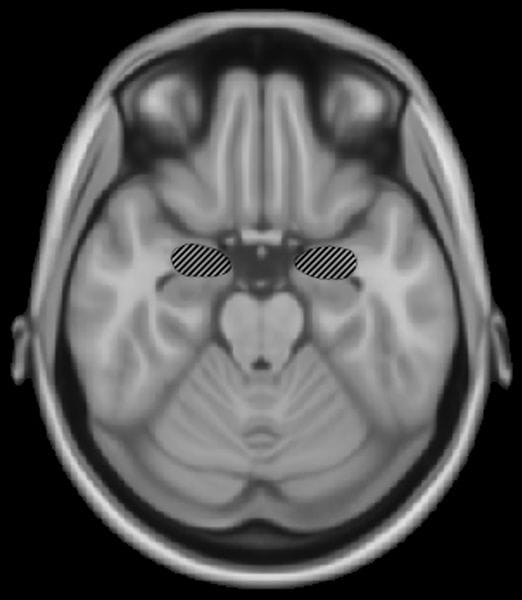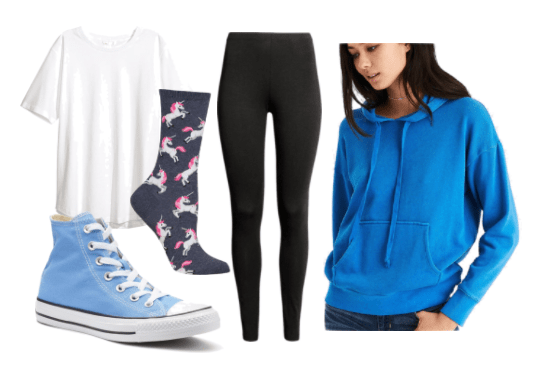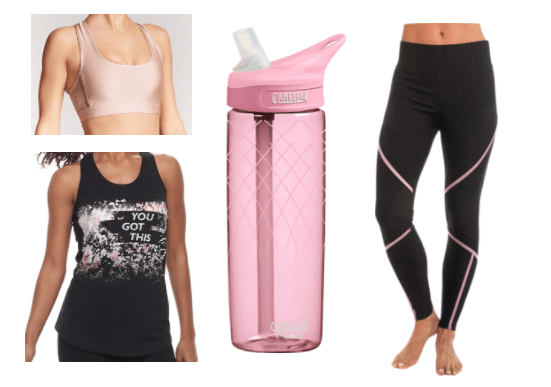
Science is about more than just memorizing equations and using formula sheets. It’s a way of exploring and discovering things about the world around us. It can be learned by anyone, anywhere – and it can teach you a lot about style.
Over the next few months, I’m going to be explaining how science can apply to your wardrobe and showing you the places in which fashion and science intersect. (It’s more places than you think!)
Last time, we talked about the science of dressing warmly in super-cold weather. Today, I’ll be taking about something entirely different that affects our audience this time of year, namely what stress is, and how it affects your body. I’ll also give you some ways to reduce stress in your life, including through what you wear.
While stress is a topic frequently discussed here (see our popular guide to ways to destress for simple tips to try), today I’ll be diving into the biology of stress in your body, and some scientifically-supported ways to reduce it.
Table of Contents
Abstract:
All college students know the feeling of stress: feeling tired, overworked, overwhelmed, and anxious. Stress is a feature of normal life – it could be brought on by a tricky exam, a looming due date, an unexpected phone call, or an argument with a friend. But why do these feelings appear?
Stress is your body’s physical response to adversity.
When you detect something threatening, your nervous system sends a signal up to your brain: specifically, the amygdala, a region of the brain that regulates emotions and aids in making decisions.

The amygdala triggers a release of hormones, which then move through the body, causing your cells to react. In particular, the hormones adrenaline and cortisol have the biggest impact upon your stress response: adrenaline makes your heart race, giving more oxygen to your muscles; and cortisol raises your blood sugar.

If the threat in your environment is something that puts you in physical danger, then these changes will allow you to respond quickly, potentially saving your life. But when you can’t just punch your problems, stress can decrease blood flow to your brain, making it harder to think clearly.
When you feel stress regularly for a long period of time, your body can’t bring itself back to normal, which can damage your blood vessels, upset your stomach, and affect your immune system. Even worse, feeling stressed can make it difficult to fall asleep – which can decrease your attention, concentration, learning, and memory; if you’re feeling anxious about your academics, this can make things even worse.
Methods:
Luckily, there are many things you can do to decrease your stress. Doing simple things like improving your diet and going to bed early will help your body restore itself to normal levels. Furthermore, there are things you can do to boost your mood and your performance.
Figure 1: Advance Planning

Products: Tee – H&M, Leggings – H&M, Hoodie – American Eagle, Socks – Lord & Taylor, Shoes – Kohls
One unexpected way of reducing stress is to wear clothes you associate with positive memories: when you’re heading into an intimidating situation, wear something that you had on the last time you did well at something similar. Going to a job interview? Wear what you wore to get hired at your last job. Got a test? Wear your lucky hat.
The outfit above is a basic, comfortable thing to wear to an exam, on a flight, or for a study session. However, it allows for you to wear the clothes you feel best in, and the ones that make you feel confident: be it a trusty pair of socks, an always-dependable hoodie, or your favorite pair of sneakers, this will keep you feeling confident and capable through your exam.
Another way to stay cool and collected during exam day? Reduce the number of things you have to worry about by organizing them the night before. Packing your backpack, laying out your sheet of formulas, and putting out an outfit will make sure you don’t forget anything if you’re scrambling to get to your test on time.
Figure 2: Enjoying Nature

Products: Necklace – Forever 21, Camisole – Abercrombie, Cardigan – H&M, Jeans – Abercrombie, Shoes – Toms
When you have a bit more free time, one of the easiest ways to let your body recover from stress is to spend time in nature. Whether it’s a hike in the woods, a stroll on a beach, or even just a few hours taking notes on the quad, being near trees, grass, and sunshine will make you feel much less worried about whatever might be going on in your life.
Want to go out and enjoy the outdoors? This green peplum camisole will help calm your mood, while boyfriend jeans are relaxed and comfortable. An oversized cardigan and some wool shoes will keep you cozy (it’s not spring yet, after all), and a necklace adds some shine… and something to fidget with.
Figure 3: Meditation

Products: Bra – Forever 21, Tank – Kohls, Water Bottle – Amazon, Leggings – Kohls
The results are in: exercise and meditation are two fantastic ways to decrease stress. Although it’s not always easy to sacrifice a few more hours of study time to hit the gym, or postpone bedtime to meditate, making time for either will help you better handle whatever life throws your way. Combining both, like in a yoga class, will maximize your benefits.
This outfit lets you stay motivated and relaxed as you work out: a tank with a positive affirmation will lift your spirits every time you look in the mirror. Layer on some ultra-comfortable running tights to stay secure and stylish, and add some pink accessories that might even lower your heart rate.
Results:
What do you do when life gets busy? Do you have any midterm survival tips?
Let’s submit this to peer review – tell me what you think in the comments below!

I really don’t like the trend of claiming articles have things I NEED to know or do– it’s bossy hyperbole. CF isn’t the only site that’s done this a ton recently. But it’s extra disappointing to see it for an article about stress reduction. The whole point of saying “this link has info you NEED to have” is to induce a sense of urgency and feeling of being left out in the reader. Which sounds stress inducing to me.